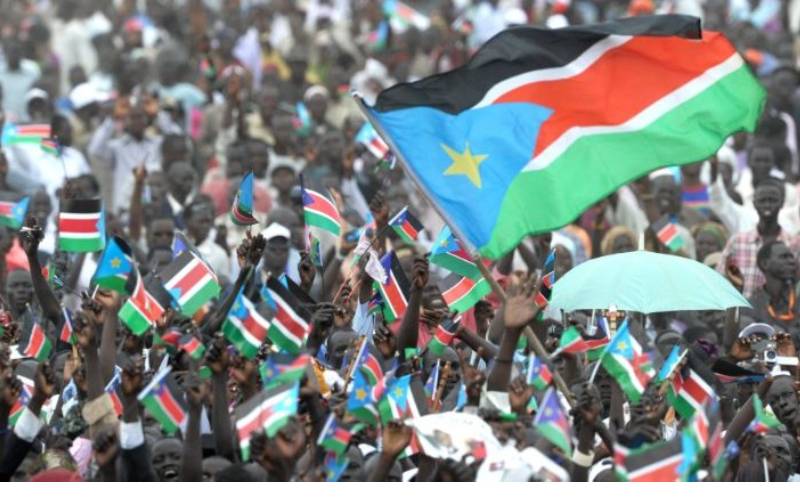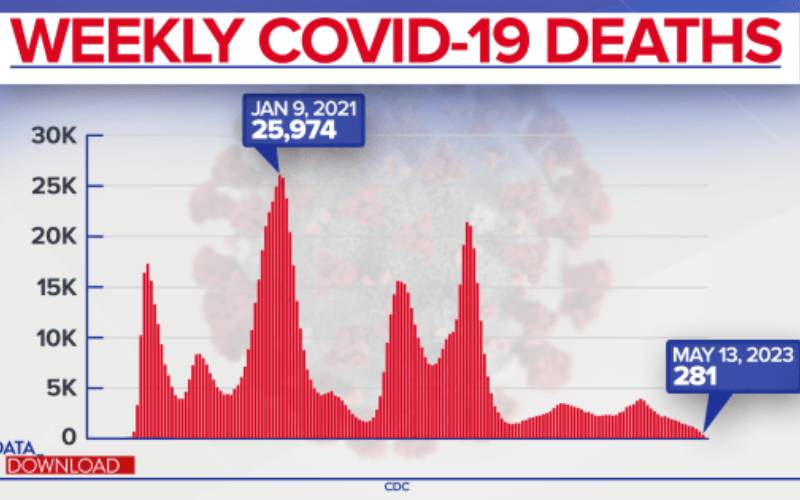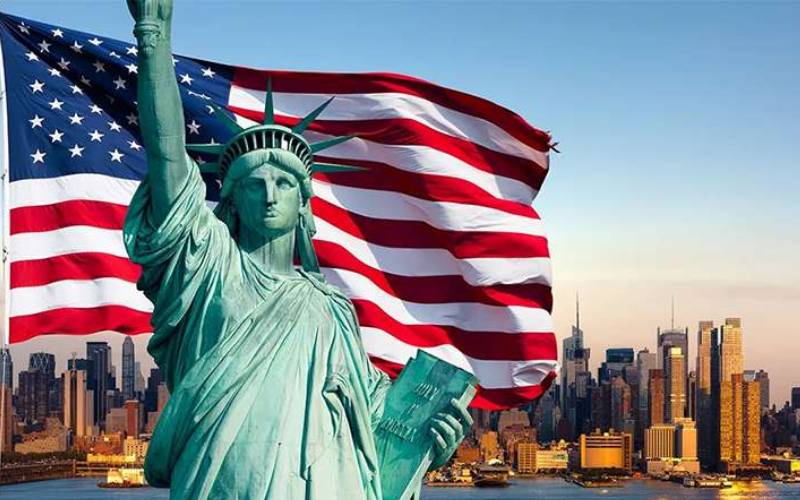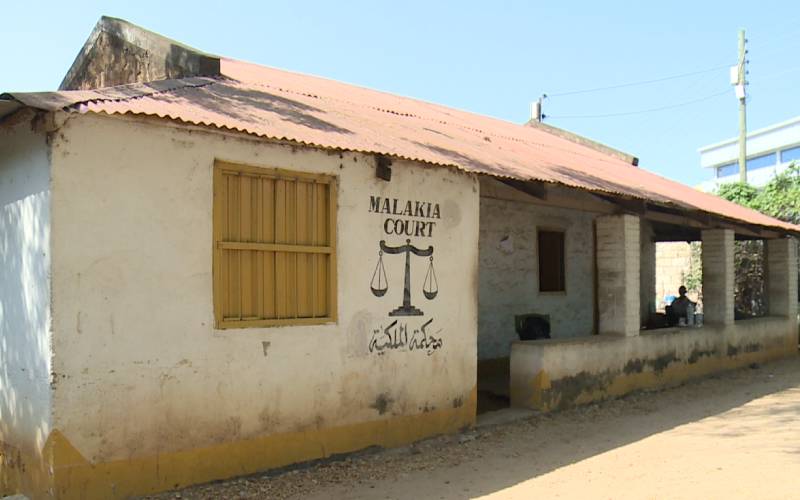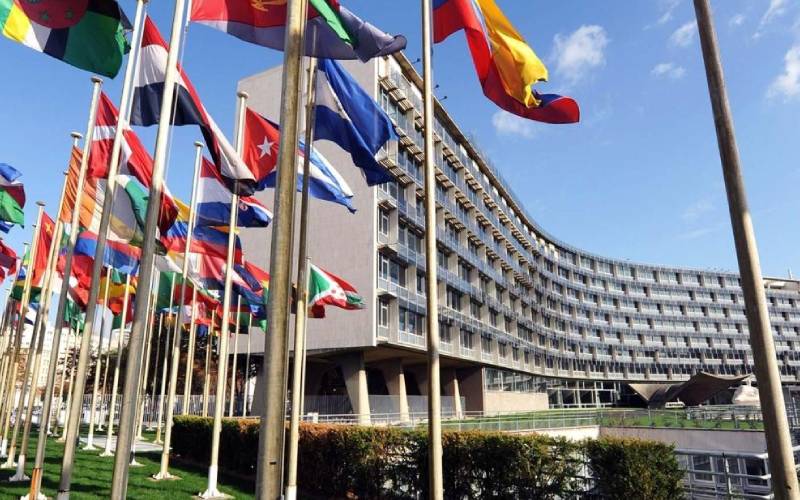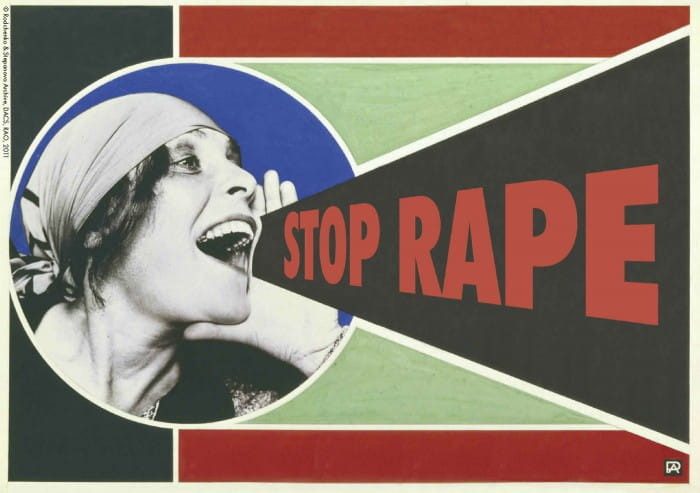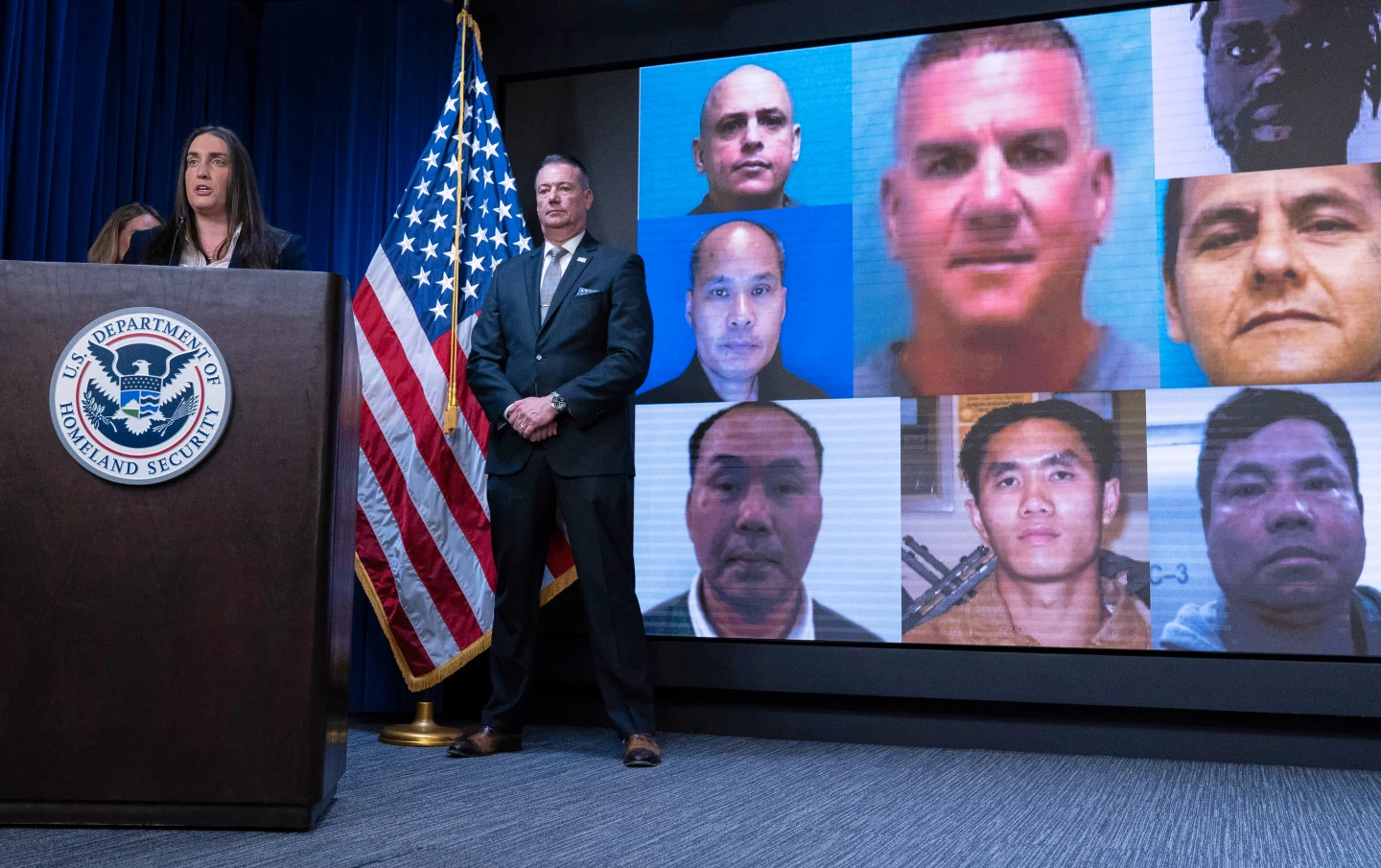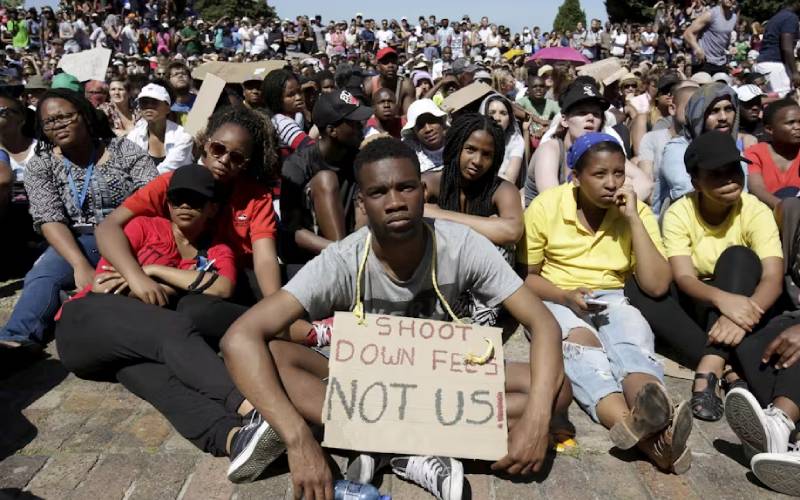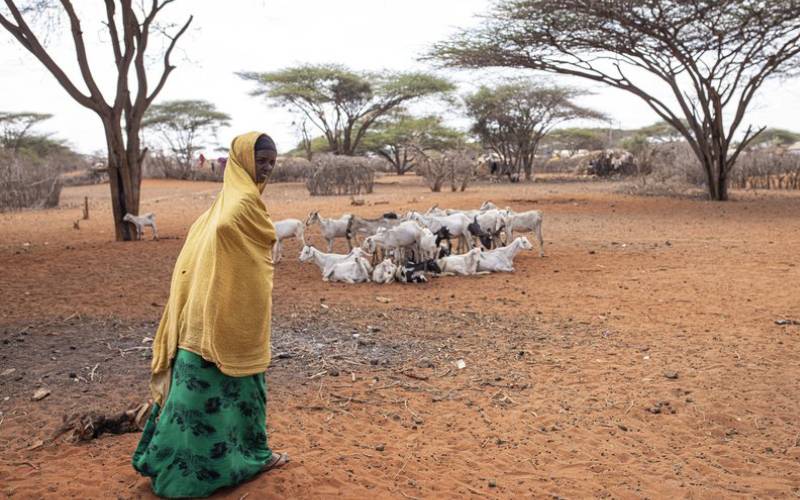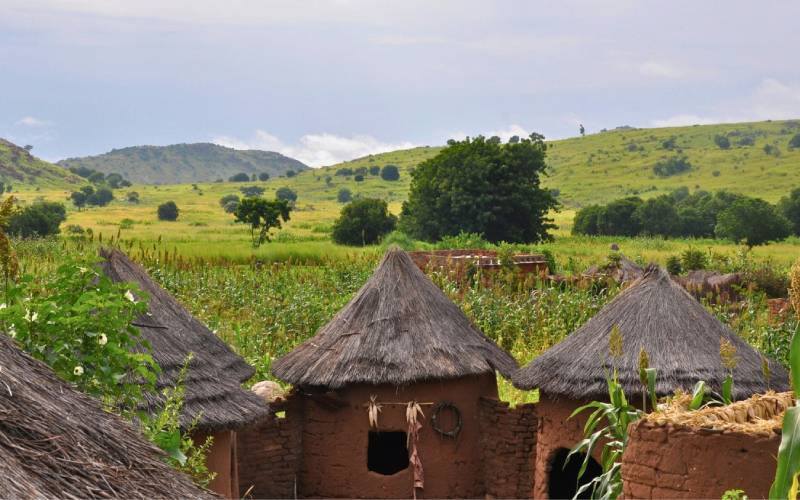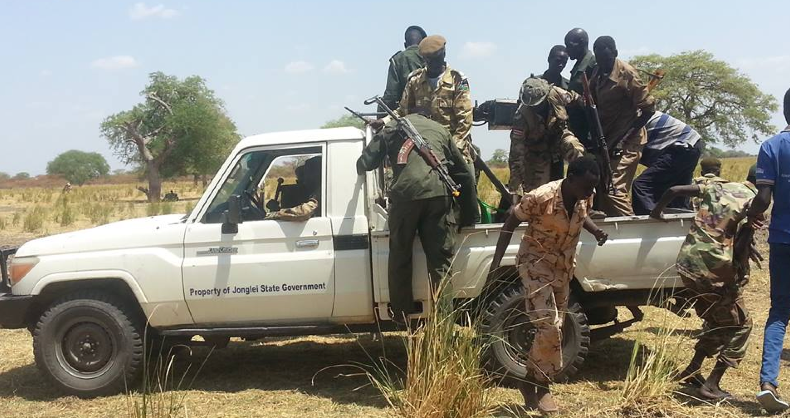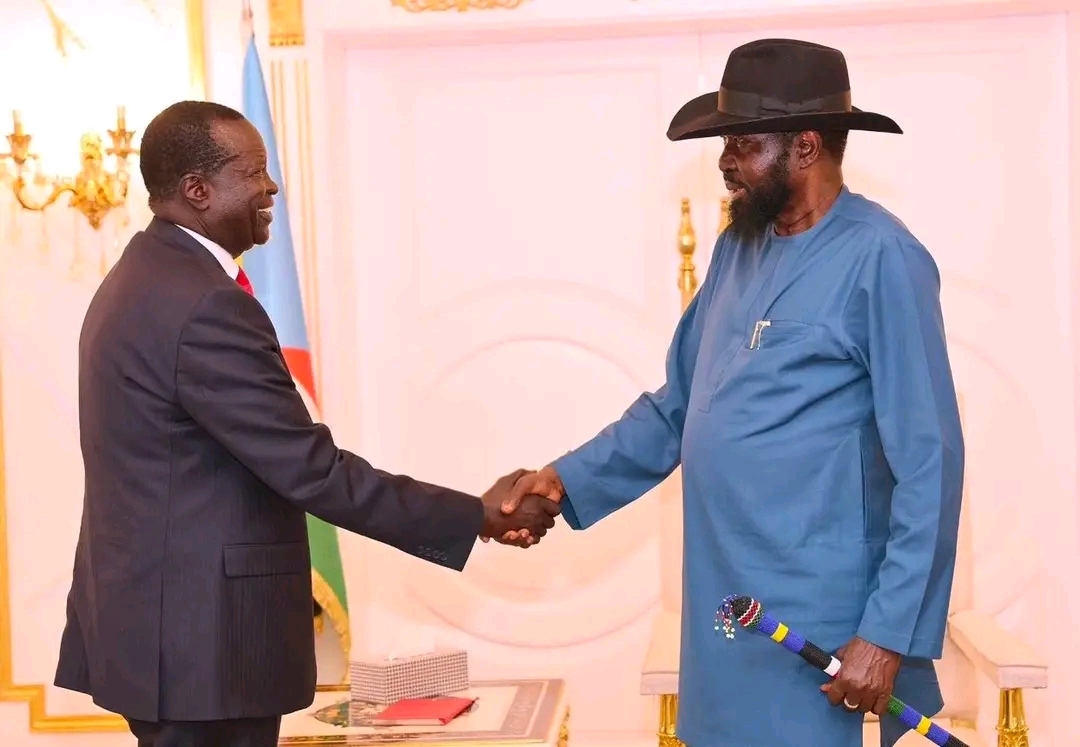South Sudan is commemorating its 14th Independence Day after gaining independence from Sudan in 2011 following the signing of the comprehensive peace agreement (CPA), which put an end to a 21-year civil war in 2005.
Since then, the nation has experienced numerous rebellions and communal violence that has left civilians at risk and lacking essential services.
It is estimated that 9.3 million individuals will require humanitarian aid in South Sudan by 2025, an increase from 6.3 million since 2015.
Around 6.3 million people are currently facing acute food insecurity, a figure that is projected to rise to 7.7 million during the lean season of 2025, occurring between April and July.
Mahmoud Ali Youssouf, Chairperson of the African Union Commission, praises the South Sudanese people for their resilience and pledges solidarity in their pursuit of peace, stability, and development.
“The African Union commends the resilience and determination of the South Sudanese people and stands in solidarity with their aspirations for peace, stability, and development,” states Youssouf in a press statement seen by this outlet.
He highlights the importance of collaboration between the African Union and the South Sudanese government to achieve regional integration, sustainable development, and unity.
“The African Union remains firmly committed to working hand in hand with South Sudan to advance regional integration, promote sustainable development, and uphold the shared values of Pan-Africanism and unity,” he adds.
Since South Sudan’s secession from Sudan in 2011, it has not yet conducted its first general elections.
On February 22, 2025, the transitional period was extended for the third time since the revitalized agreement on the resolution of the conflict in South Sudan (R-ARCSS) was signed in 2018 to end the 2016 war.
The United Nations Security Council has imposed sanctions on the government of South Sudan to limit the purchase of arms believed to be contributing to violence.
The UN has established benchmarks that must be met by the government for the sanctions to be lifted, including progress in addressing conflict-related sexual violence and completion of security arrangements involving the unification and deployment of forces, which have not yet been fully realized.
On May 30, 2025, the Security Council renewed the sanctions, extending them until May 30, 2026.
Human rights organizations have recently documented an increase in conflict throughout the country, which began with resistance to the routine rotation of the South Sudan People’s Defense Forces (SSPDF) in Nasir in late February.
This resistance, which resulted in clashes between the SSPDF, and armed civilians known as the White Army, led to the deaths of a UN flight crew member, an SSPDF commander, and several soldiers following a failed evacuation attempt when a UN helicopter was attacked by the White Army at the Wech Yar-Adiw SSPDF military base in Nasir.
The Security Council stated that the acts committed in Nasir may constitute war crimes under international humanitarian law.
